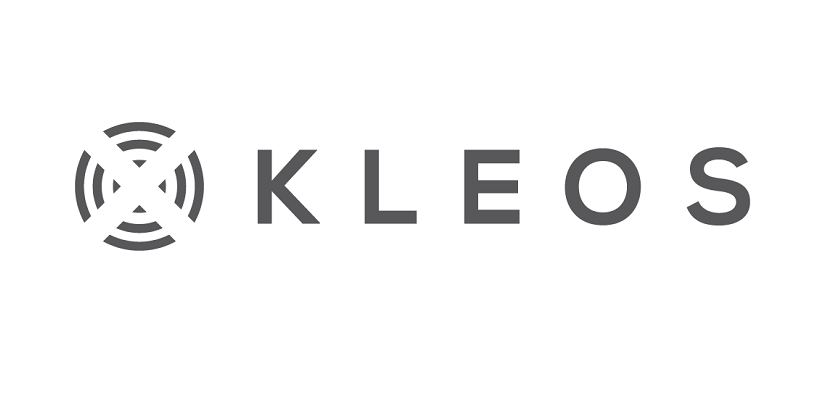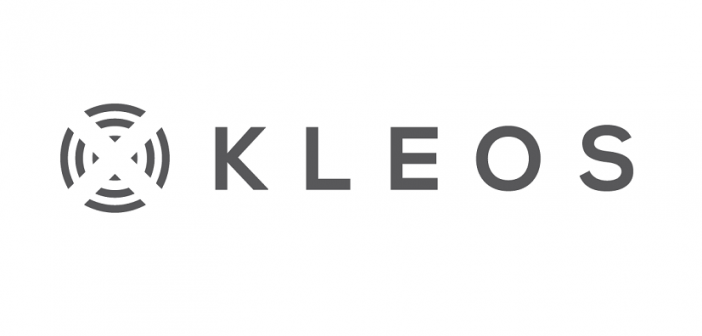
By Staff Writer.
The Australian Stock Exchange (ASX) has sent a please explain note to Kleos Space after the company neglected to report the failure and subsequent impairment of a satellite cluster during the first half of 2022.
The ASX sent Kleos the letter on August 25, one day after the company published its half-yearly report and financial results. In that report, Kleos detailed the failure of one satellite in January 2022 and a second in April.
Luxemburg-headquartered Kleos is listed on the ASX and Frankfurt Stock Exchange and when fully operational, will use satellites to collect intelligence and geolocation data. While the company aims to have 20 clusters of four satellites targeting key areas of interest, Kleos remains in the rollout stage.
According to the half-yearly report, the failures occurred in the four-satellite KSM1 cluster, with satellite B experiencing a “suspected technical malfunction” early in the year and satellite A malfunctioning three months later.
“Subsequent to an extensive technical review including consultation with the supplier and review of possible performance mitigations, in August 2022 it was concluded that the two satellites could no longer perform their mission,” notes in the half-yearly report states.
Kleos confirms the failures resulted in an accounting impairment of AU$4,375,352. The company notes that it does not have satellite in-orbit insurance and the KSM1 cluster (launched in 2021) was still in the commissioning stage.
The company only reported the satellite issues in its half-yearly statements. That caused the ASX to ask why they hadn’t reported the failures when they occurred, given the potential impact on Kleos’ share price.
ASX rules require a company to formally notify the market of any event that could materially impact the company’s share price. In their response to the ASX query, Kleos said they did not think the satellite failures would have had an impact on the value of the company’s shares.
Kleos argues three criteria needed to be factored into the decision whether to report the failures – revenue risk, systemic technical risk, and goodwill risk. Kleos says because the KSM1 cluster was still in the commissioning stage and not earning revenue, the first criteria was not met.
The company adds because they did not design or manufacture the satellites, the systemic technical risks lie with the manufacturer, and “any design/hardware issues would be limited to the KSM1 cluster only, and thus would not systemically impact the company’s overall ability to generate revenue.”
Finally, Kleos says the KSM1 was only ever intended to be a demonstrator satellite cluster and the company’s ongoing viability was always dependent on more advanced satellite clusters rolling out, so there were no goodwill issues associated with the failures.
Kleos says the KSM1 satellite cluster was impaired as a “matter of prudence” given the difficulty of establishing a recoverable amount.
Kleos posted an after-tax half-yearly loss of AU$5,340,995 against revenues of $156,096. As a result of the loss, the half-yearly report states there is a material uncertainty about whether the company can continue as a going concern. However, despite this and the satellite failures, the directors believe the company does have a future and has made several significant gains this year.





